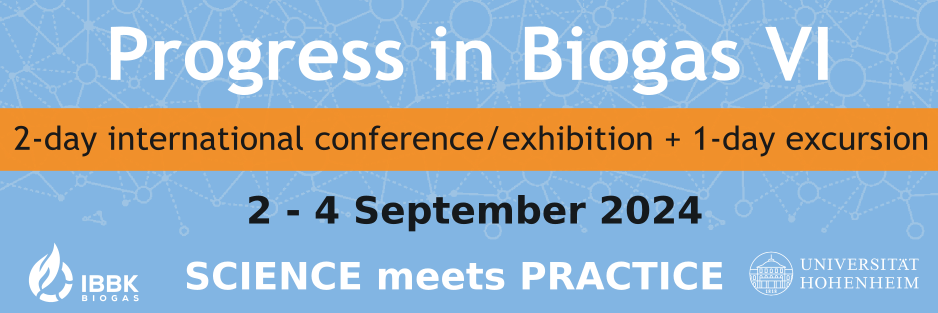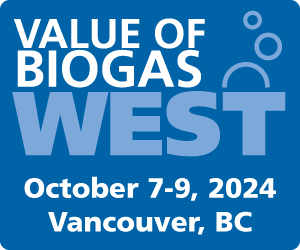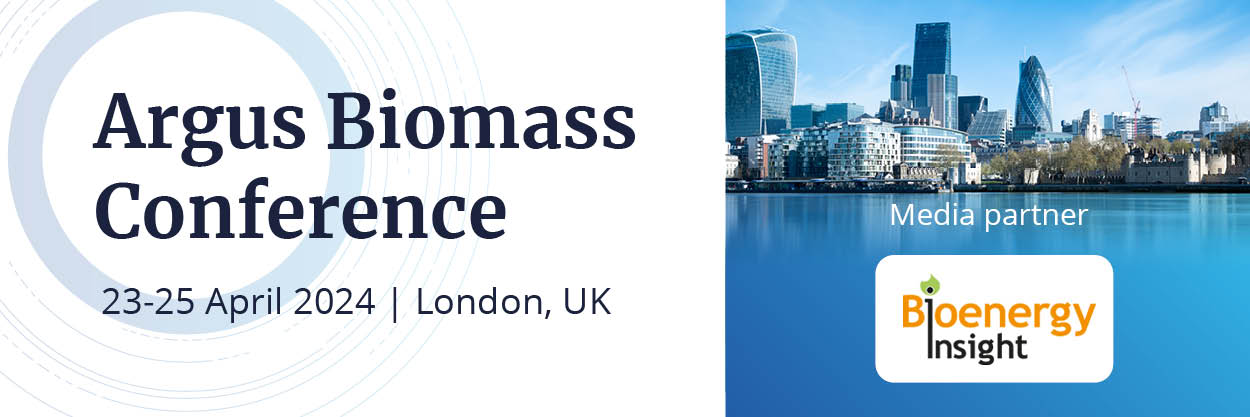Biogas is a ‘viable, renewable’ alternative to shale gas, says ADBA
Fracking - the process of injecting liquid at high pressure into the ground to open fissures and extract shale gas - was suspended by the following a report by the Oil and Gas Authority into the seismic impact of the technology. ADBA has released a statement urging the UK Government to consider biogas as an alternative to meet the UK’s energy needs while working towards its net zero emissions targets by 2050. The association believes that by displacing fossil fuels and artificial fertilisers from heat, transport and farming sectors, and preventing methane emissions created by untreated organic waste, the UK anaerobic digestion (AD) and biogas sector already reduces UK greenhouse gas (GHG) emissions by 1%.
“If the investment currently put into shale gas extraction was redirected to biogas production, we could make a major leap forward in achieving net zero emissions targets whilst helping meet the UK’s energy needs and developing an invaluable asset for exports,” said Charlotte Morton, ADBA’s chief executive.
“The government’s Resources and Waste Strategy was encouraging in its commitment to collect more food waste, but we need to ensure that this feedstock, and all other available feedstock, is then treated through AD.
“We need policy and financial commitment towards developing AD infrastructure and supporting technical innovation to deliver a strong biogas industry in the UK that will sustain the economy for generations to come, whilst addressing the climate emergency that we face.”
In the last decade, the sector has grown by 350%, according to ADBA, and is now employing 3,500 people. However, greater support through policy and investment is needed to help biogas reach its full potential. Over the next 10 years, ADBA predicts that in addition to reducing GHG emissions by 22.5 million tonnes of CO2-equivalent every year, it has the potential to meet nearly 20% of current domestic gas demand.
























